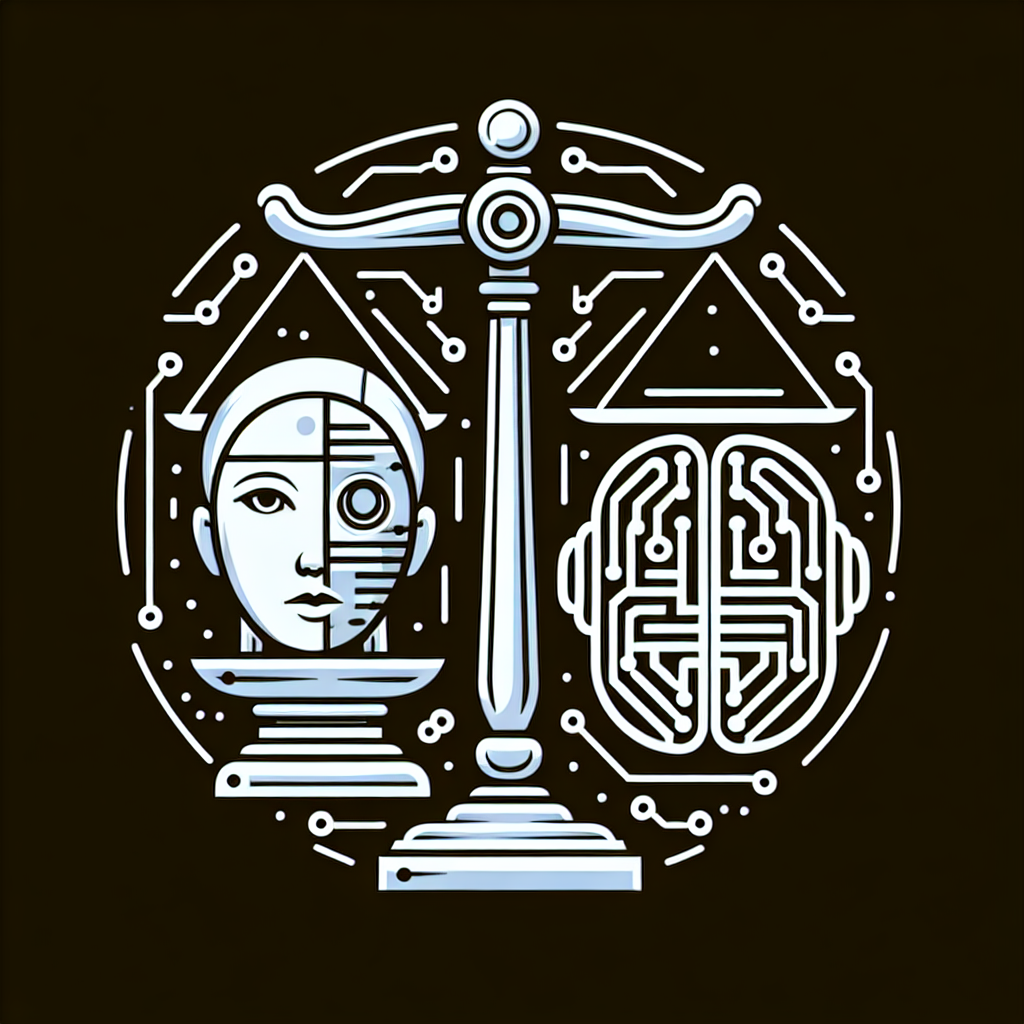The intersection of ethics and AI in the legal industry is a topic that has been gaining increasing attention in recent years. As artificial intelligence continues to revolutionize various industries, including law, questions about the ethical implications of AI in the legal field have become more prominent. From concerns about bias and discrimination to questions about transparency and accountability, the use of AI in the legal industry raises a host of ethical issues that must be carefully considered and addressed.
One of the key ethical issues surrounding the use of AI in the legal industry is the potential for bias and discrimination. AI algorithms are only as good as the data they are trained on, and if that data is biased or discriminatory, the AI system will reflect those biases. This can lead to unfair outcomes for certain groups of people and perpetuate existing inequalities in the legal system. For example, if an AI system is trained on historical data that reflects biases against certain racial or ethnic groups, it may make decisions that discriminate against those groups in the future.
Transparency and accountability are also important ethical considerations when it comes to AI in the legal industry. AI systems are often complex and opaque, making it difficult for users to understand how they arrive at their decisions. This lack of transparency can make it challenging to hold AI systems accountable for their actions and can erode trust in the legal system. It is essential that AI systems used in the legal industry are transparent and accountable, so that stakeholders can understand how decisions are made and challenge them if necessary.
Another ethical issue to consider is the impact of AI on the legal profession itself. As AI becomes more sophisticated, there is concern that it may replace human lawyers in certain tasks, leading to job loss and potential ethical dilemmas. While AI can undoubtedly improve efficiency and accuracy in legal work, it is essential that human judgment and expertise continue to play a central role in the legal profession. Lawyers must be able to critically evaluate the output of AI systems and make decisions based on ethical principles and professional standards.
In order to address these ethical issues, it is essential that the legal industry develop guidelines and best practices for the responsible use of AI. These guidelines should address issues such as bias and discrimination, transparency and accountability, and the relationship between AI and human judgment. By establishing clear ethical standards for the use of AI in the legal industry, we can ensure that AI systems are used in a way that upholds the principles of justice, fairness, and equality.
FAQs
Q: How is artificial intelligence being used in the legal industry?
A: Artificial intelligence is being used in the legal industry in a variety of ways, including legal research, document review, contract analysis, and predictive analytics. AI systems can analyze large volumes of legal data quickly and accurately, helping lawyers to make more informed decisions and provide better advice to their clients.
Q: What are some ethical issues associated with the use of AI in the legal industry?
A: Some ethical issues associated with the use of AI in the legal industry include bias and discrimination, transparency and accountability, and the impact on the legal profession. AI systems can reflect and perpetuate biases in the data they are trained on, leading to unfair outcomes for certain groups of people. They can also be opaque and difficult to understand, making it challenging to hold them accountable for their decisions. Additionally, there is concern that AI may replace human lawyers in certain tasks, leading to job loss and potential ethical dilemmas.
Q: How can the legal industry address the ethical issues associated with AI?
A: The legal industry can address the ethical issues associated with AI by developing guidelines and best practices for the responsible use of AI. These guidelines should address issues such as bias and discrimination, transparency and accountability, and the relationship between AI and human judgment. By establishing clear ethical standards for the use of AI in the legal industry, we can ensure that AI systems are used in a way that upholds the principles of justice, fairness, and equality.

